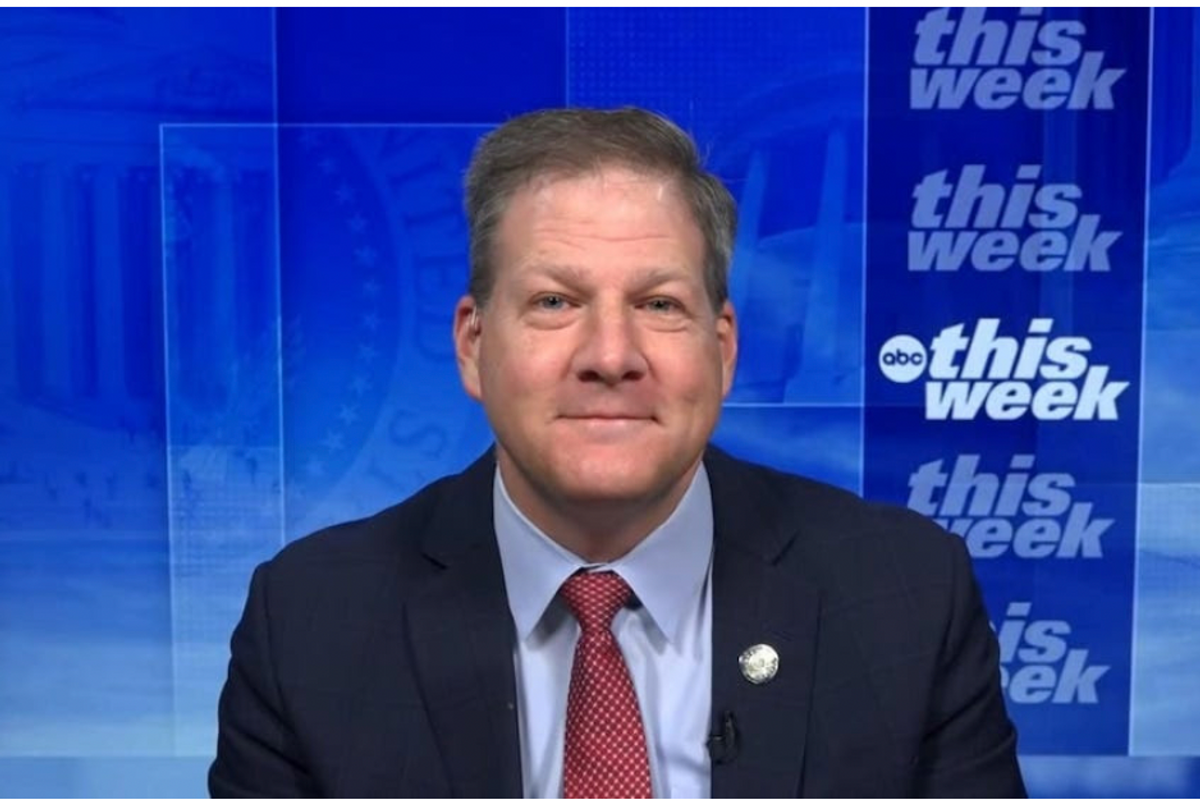
For a guy whose presidency was supposed to be on life support, Barack Obama has certainly had a productive couple of weeks. With his poll numbers sinking toward George W. Bush territory — 53 percent in a recent CNN survey said he’s not a strong or decisive leader — Obama took action on two important issues that dramatized the power of the presidency.
One was about getting Congress to act; the other about preventing World War III.
But first, a few words about Obama’s political fortunes: With reports surfacing about great improvements in the Healthcare.gov website’s performance, what many have described as the nadir of Obama’s presidency may prove a short-term phenomenon.
Stone partisans aside, Americans want their presidents to succeed. With strong majorities saying they continue to like Obama personally, and to believe that he cares about people like them, he retains a reservoir of good will to sustain him until the positive effects of the Affordable Care Act become clearer.
However, if people doubt that Obama has the wherewithal to manage the gigantic enterprise that is the federal government, well, no wonder. Like many intellectuals and nearly all writers — his Dreams from My Father is a real book, not a ghostwritten campaign bio — Obama confuses saying something with doing something. He also has a terrible time admitting error — another occupational trait, I assure you.
His failure to make sure that somebody with real-world management skills supervised the Healthcare.gov rollout is the most incomprehensible blunder of his presidency. Had the site run properly, Obama’s ballyhooed “lie” about people keeping their insurance coverage — more of an opportunistic campaign exaggeration, actually — wouldn’t have caused a great ruckus, because most people whose insurance companies dumped them would have been mollified to learn that they’re getting a better deal.
People took Obama’s falsehood personally, unlike, say, George W. Bush’s deceptive assurances that he’d received “no warning” about 9/11 or his phony certitude about Saddam Hussein’s imaginary WMDs. That’s because nothing touches them more directly than health insurance. (Although talking about botched White House initiatives, how about the bleeping Iraq War?)
Also because it’s personal, they’re apt to forgive Obama when the law starts working for them. But slowly, one at a time, like the way they forgave Bill Clinton.
Most also see that if Obama has weaknesses, he also has formidable strengths. Agreeing with Senator Harry Reid to do away with Senate rules allowing Republicans to filibuster White House appointees took real political courage. Will Republicans retaliate when they get the chance? Probably. And that would be worse than total congressional paralysis how?
Most people don’t especially give a hoot about the hallowed traditions of the U.S. Senate, so if modifying the filibuster rule helps Congress get something done, they’re OK with it. The Senate’s an intrinsically conservative institution anyway — what with thinly-populated “red” states like Wyoming and Alaska having as much power as New York and California — so it’s not as if majority rule there threatens the foundations of the republic.
Meanwhile, Washington Monthly’s Ed Kilgore noticed that even if it did nothing else, enhancing the president’s power to make executive appointments also gives him a freer hand to remove underperforming cabinet members like Health and Human Services Secretary Kathleen Sebelius. Not that it’s Obama’s practice to seek scapegoats, but his seeming passivity during the Healthcare.gov fiasco hasn’t helped him either.
You can bet President Trump would have fired somebody!
Martin Longman of Washington Monthly also suspects that the GOP’s muted response to the Senate rule change — Minority Leader Mitch McConnell (R-KY) charged only that Democrats wanted to distract people from Obamacare — could indicate “that the Republicans are truly on another one of their Moby Dick adventures, like Whitewater, like the White House Travel Office, like Vince Foster, like l’affaire Lewinsky, like Saddam’s WMD, like Fast and Furious, like Solyndra, like the New Black Panther Party, like Benghazi, and like the most recent government shutdown.”
It’s a dumb strategy: If Obamacare fails, it fails. If not, what have they got?
This brings us to the remarkable diplomatic breakthrough with Iran: potentially the Middle Eastern equivalent of the fall of the Berlin Wall. If you’ve heeded Israeli prime minister Netanyahu and his chorus of American neoconservatives, Iran has been three months away from acquiring nuclear weapons for the past 20 years.
And yet, despite the odiousness of its theocratic regime, this still hasn’t happened. Under its new president, Iran has agreed to shut down the centrifuges and submit to inspections in exchange for reduced sanctions. The Netanyahu chorus invokes Chamberlain at Munich, basically the only song they know how to sing.
But President Obama grasps one big thing: The U.S. and its allies are exponentially more powerful than Iran. Worst case, he gets embarrassed and Iran goes back to furtively building nukes—except more isolated now than ever.
If Obama’s willing to risk it, then we should be too.
AFP Photo/Jewel Samad


